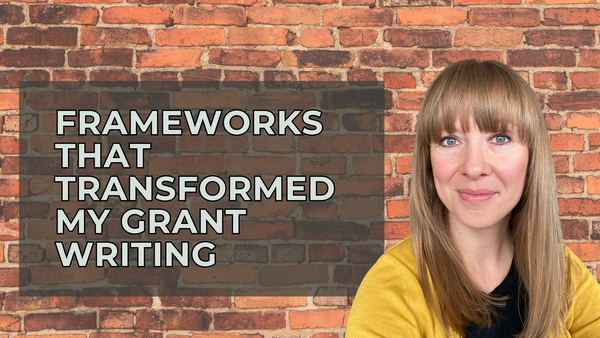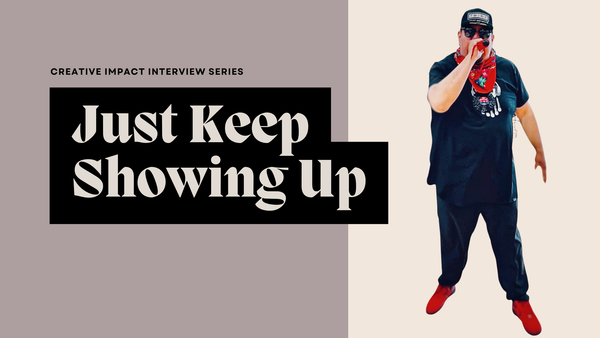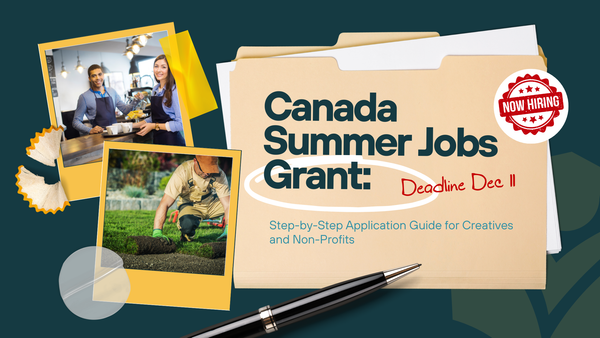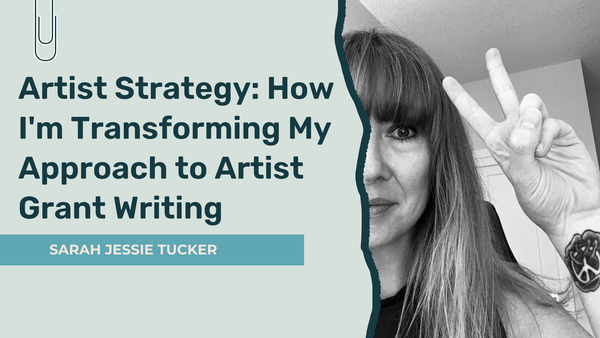How to Find Grants in Canada: A Step-by-Step Guide for Creatives and Nonprofits
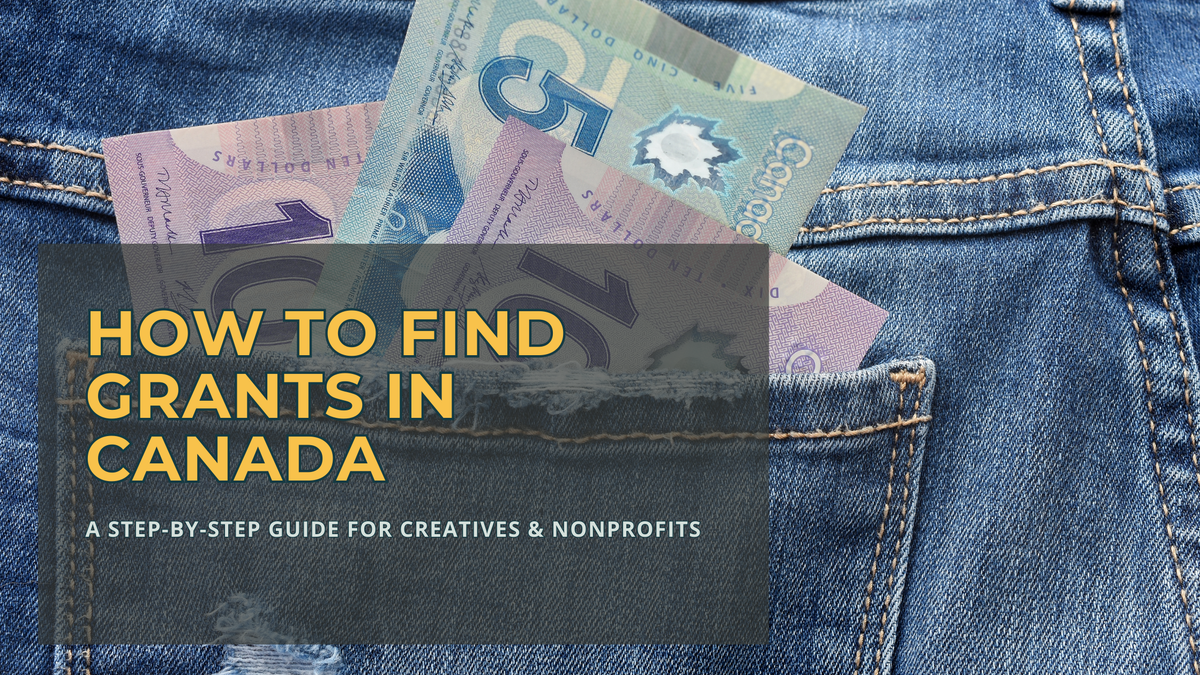
Why Finding Grants Feels Hard (and Doesn’t Have to Be)
You can spend hours searching for grant opportunities on Google, only to feel frustrated, overwhelmed, or too tired to keep going. Understanding the grant landscape is the first step to making this process easier. Below, I’ll share shortcuts and reliable resources I use every day as a grant writer.
Understanding the Grant Landscape
Before we jump into specific grant databases, let’s first understand the funding landscape so you can map out where to look.
There are three levels of government that offer grants, as well as private foundations and corporations.
Federal Grants: The federal government has national-level programs in the following areas: agriculture; arts, culture and sport; business; environment; for Indigenous Peoples; gender equality; health, international development; jobs or apprenticeship training; leave from work, caregiving and pensions; research; and student aid.
Some funds are delivered through organizations outside the government. The Canada Music Fund is distributed by FACTOR (Foundation to Assist Canadian Talent on Records), a non-profit organization. The Canada Council for the Arts is a federal Crown corporation that operates at arm's length from the government, but is accountable to Parliament through the Minister of Canadian Heritage, from whom it receives most of its funding.
Provincial Grants: Each province has its own grant programs tailored to local priorities (arts councils, provincial ministries, regional development funds). Visit your province’s website for the most up-to-date listings. Some provinces like BC and ON have established and support independent agencies to help sustain and grow the province's creative industries, including book publishing, digital media, and music.
Municipal Grants: Local governments also offer grant programs. The grants your city or town offers are smaller and can be more accessible (city arts councils, community foundations, local cultural funds).
Each funding “layer” has its own priorities and eligibility criteria.
Private Funders: Foundations, trusts, and corporate sponsors that align with specific missions or art forms.
Where to Search: Key Grant Databases and Directories
- Search for federal grants with this search database organized by categories https://www.canada.ca/en/government/grants-funding.html
- As a business owner, use this federal search tool to find benefits for your organization. https://innovation.ised-isde.canada.ca/innovation/s/?language=en_CA
- Go to your local library to access the paid subscription grant database, Grant Connect, for free.
- Try a targeted web search with following prompt: grants+[your artistic medium]+[location, either your city or province]+2025 (no spaces). Example grants+music+ON+2025.
Insider Tips for Navigating the Grant World
Tailor your proposal to the funder's priorities. There's a huge difference in writing a grant to an Arts Council vs. Factor or Creative BC.
For Arts Councils: They aim to support artists' careers and artistic development. A strong Artist Statement is key for Arts Council applications.
For Factor, Creative BC, and Ontario Creates, artists' careers tend to be less of a focus, as they are more concerned with their return on investment (ROI). These types of applications require well-thought-out marketing and distribution strategies. If the business side of your practice makes you cringe, find a mentor with a business development program and create an artist development grant project.
If you don't have a business plan, how will you grow?
Don't hesitate to call, email, or message funder program officers. Program officers are there to serve the public and are typically not involved in the grant selection process. Try not to be intimidated by reaching out to speak with program officers or staff; they aren't the system, they work within it, and are humans like you and me.
When contacting funders, here are three quick tips:
- Make sure you have read the grant guidelines.
- Written down your questions.
- Prepare a 90-second pitch statement of your project.
- Keep it short and professional so you get the info you need without wasting anyone’s time.
Common Mistakes to Avoid
- Focusing only on federal grants and ignoring provincial or municipal opportunities.
- Using the same proposal for every grant instead of tailoring to funder priorities.
- Relying solely on grants without a sustainable revenue strategy.
- Discovering grants too late and missing deadlines. (Late applications are never accepted.)
Making the Search Easier: My Take as a Grant Writer
Plan and stay organized. While researching, keep all opportunities in a spreadsheet with columns for:
- Deadline
- Funder's name
- Name of the grant
- Funding amount
- Types of Project Funded
- Eligible expenses
After logging grants in your spreadsheet and deciding which ones to go after, do the following:
- Enter deadlines into your calendar (set them two days early for wiggle room).
- Schedule reminders two weeks and four weeks before the deadline.
- Allow at least 30 days to prepare each application.
If you require additional support, you can contact Sarah at SJT Writing for assistance with grant writing and project management.
You’ve Got This
Searching for grants can feel like falling down the rabbit hole, but when you know where to look and have a system to organize your research, you can become unstoppable toward achieving your dreams. With artist grants, they are like making sales; there's power in numbers, and you have to keep trying. Soon enough, the stars will align at just the right moment, and being awarded a grant will be bittersweet.
Was this helpful? Send your grant writing and entrepreneur questions to info@sjtwriting.ca
